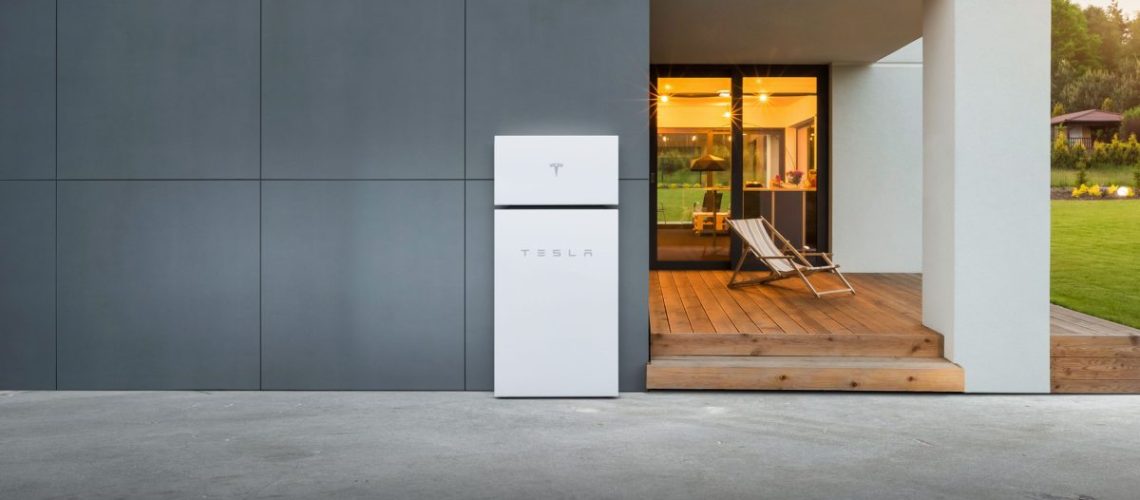The Texas power grid is notorious for being put to test by extreme heat as well as winter snow and ice storms. While battery owners from utility scale down to homeowners provide needed power to the grid in many places around the world, Texas is not one of them. Tesla hopes to change that, and recently filed a request for a rule change (OBDRR) with the Electric Council of Texas (ERCOT) that would clear the way for utilities to bid on capacity stored in energy stored in batteries.
Tesla would like to operate the distributed energy assets generated in its Powerwall batteries as a virtual power plant, and it is to that end that the company has launched a virtual power plant demonstration project. The company ran a similar virtual power plant (VPP) project last summer in California. In the Texas demonstration, Tesla plans to prove to ERCOT that a Powerwall fleet can provide these services in Texas by setting up a Virtual Power Plant comprised of volunteer Powerwall owners.
By opting in to the Tesla ERCOT Demonstration, Powerwalls will be used in tests and demonstrations with the Texas utility to establish the capabilities of the Powerwall fleet. What’s in it for those Powerwall customers that participate in at least 80% of the tests is a $40 Tesla gift card, and possibbut they also may gain the satisfaction of participating in something larger than meeting their own energy storage. They may prove to ERCOT that a band of Powerwalls has benefits.
In the demonstration project Tesla will control the participants’ Powerwalls including charging, discharging and configuring the device to automatically respond to grid conditions, and to support tests that demonstrate grid services. In the agreement Tesla promises to not draw down the battery below 20% of its capacity, so that the Powerwall can be used for allow for backup. Except for this limitation, Tesla may charge or discharge the Powerwalls at any time and to any extent.
The caveats in the agreement include an agreement that the total liability for any kind of damages will not exceed $500; that participants are encouraged to consult a tax professional regarding any potential impact on the Investment Tax Credit that the customer may have claimed on their Powerwall; the customer acknowledges that their Powerwall may have a reduced charge; and in the event of a power outage during the project, Tesla is not liable for any loss of power that the customer may experience.
Read also “Climate, the Texas grid, and solar + batteries to the rescue“



